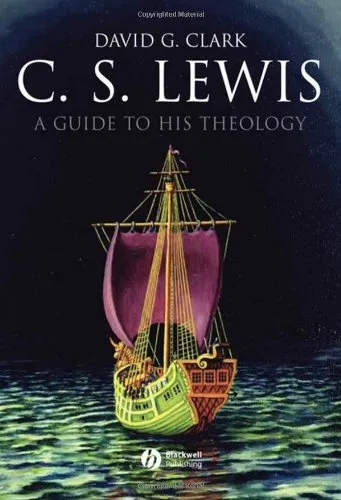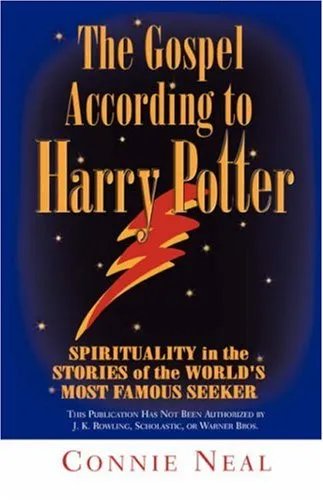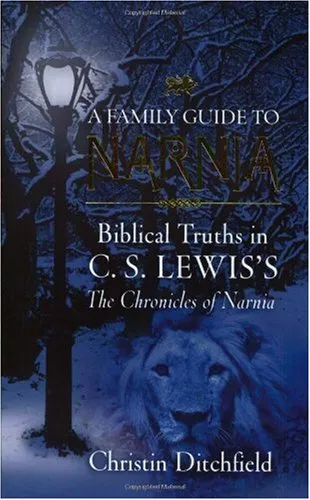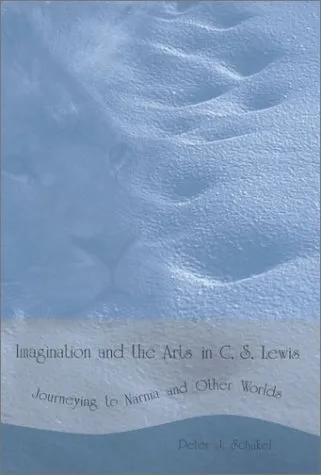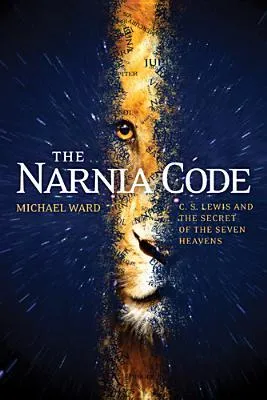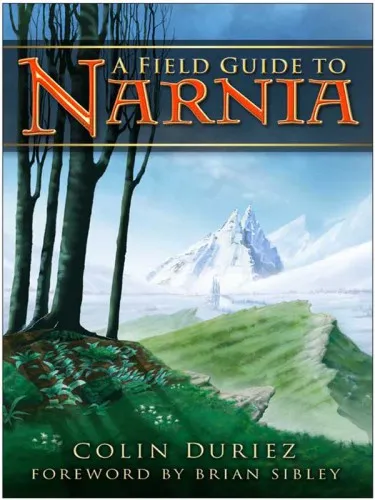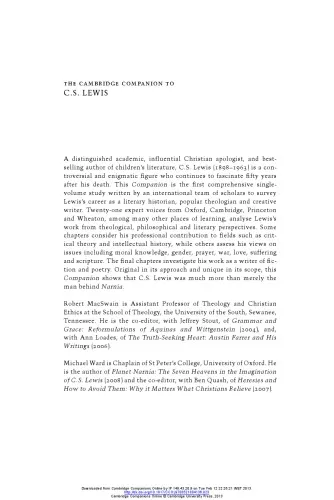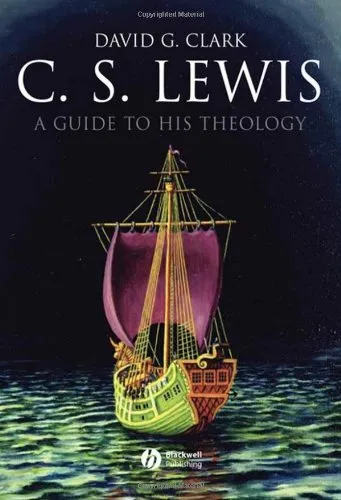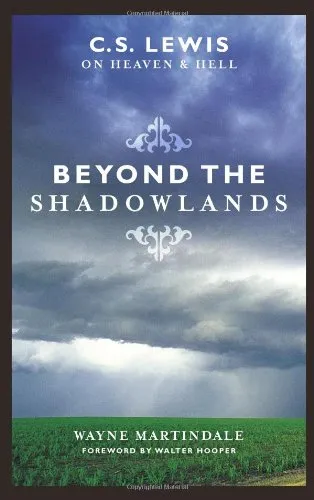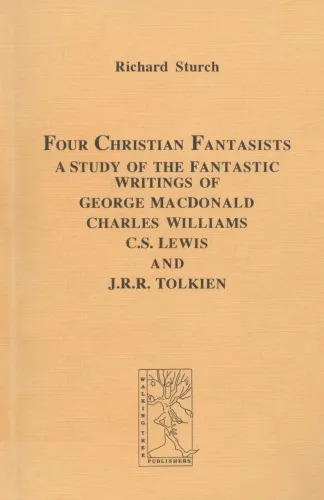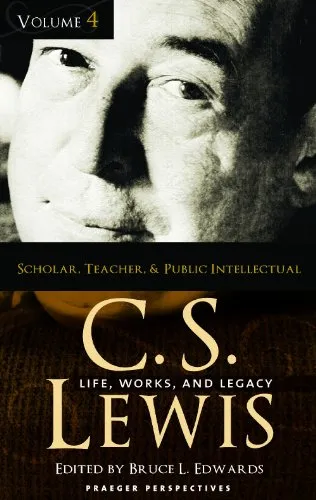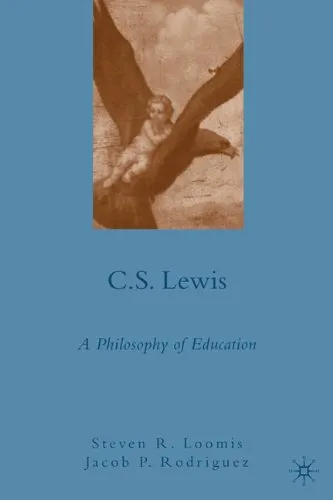C.S. Lewis: A Guide to His Theology (Blackwell Brief Histories of Religion)
4.5
Reviews from our users

You Can Ask your questions from this book's AI after Login
Each download or ask from book AI costs 2 points. To earn more free points, please visit the Points Guide Page and complete some valuable actions.Related Refrences:
Introduction
Welcome to a comprehensive introduction to "C.S. Lewis: A Guide to His Theology," part of the Blackwell Brief Histories of Religion series. This book, crafted by David G. Clark, offers a deep dive into the theological world of C.S. Lewis, the renowned writer, theologian, and apologist. Designed for both Lewis enthusiasts and those new to his works, this guide provides insights into the core theological themes that traverse Lewis's writings, bringing clarity to his rich and often complex ideas.
Detailed Summary
"C.S. Lewis: A Guide to His Theology" serves as an invaluable resource, capturing the essence of Lewis's theological perspectives across his extensive body of work. The book examines pivotal themes such as his view on Christianity, the nature of God, the role of imagination, and the interplay between reason and faith. Clark deftly dissects Lewis's academic and popular writings, including "Mere Christianity," "The Screwtape Letters," and "The Chronicles of Narnia," to illuminate how his theology was consistently fueled by an imaginative vision combined with intellectual rigor.
Clark begins by contextualizing Lewis's spiritual journey, detailing how his early atheism shaped his later theological outlook. The author gives special attention to Lewis's conversion to Christianity, narrating how his intellectual pursuits and friendships influenced his beliefs. The book proceeds to unravel Lewis's views on major theological topics, effectively mapped out through a series of thematic explorations rather than chronological analysis.
Key Takeaways
- Understand how C.S. Lewis blends intellect and imagination in his theological explorations.
- Explore major theological themes, such as the problem of evil, Christian apologetics, and ethical living.
- Gain insights into how Lewis's personal journey from atheism to Christianity shaped his intellectual landscape.
- Analyze Lewis's role within the broader context of 20th-century theology and literature.
Famous Quotes from the Book
"To understand Lewis's theology, one must first understand the profound synthesis he achieves between logic and imagination, between the intellectual and the mystical."
"Lewis's writings remind us that theology is not merely an academic pursuit but a lifelong journey of faith and discovery."
Why This Book Matters
"C.S. Lewis: A Guide to His Theology" is an essential read for those looking to delve deeper into the theological insights of one of Christianity's most creative and influential thinkers. C.S. Lewis remains a towering figure in religious studies and literature, and his works continue to inspire and challenge readers worldwide. By systematically analyzing his theology, David G. Clark opens up new pathways for understanding Lewis's impact on modern Christian thought and his ongoing relevance in today's intellectual and spiritual discussions.
This book is particularly valuable for scholars, students, and anyone looking to engage with Lewis's theology on a more profound level. Clark's balanced and accessible approach ensures that readers gain both a detailed and nuanced understanding of Lewis's ideas. Whether you are a seasoned Lewis scholar or a curious newcomer, this guide will enrich your understanding of how Lewis's theological legacy continues to shape contemporary dialogues on faith and reason.
Free Direct Download
You Can Download this book after Login
Accessing books through legal platforms and public libraries not only supports the rights of authors and publishers but also contributes to the sustainability of reading culture. Before downloading, please take a moment to consider these options.
Find this book on other platforms:
WorldCat helps you find books in libraries worldwide.
See ratings, reviews, and discussions on Goodreads.
Find and buy rare or used books on AbeBooks.
1511
بازدید4.5
امتیاز0
نظر98%
رضایتReviews:
4.5
Based on 0 users review
Questions & Answers
Ask questions about this book or help others by answering
No questions yet. Be the first to ask!
